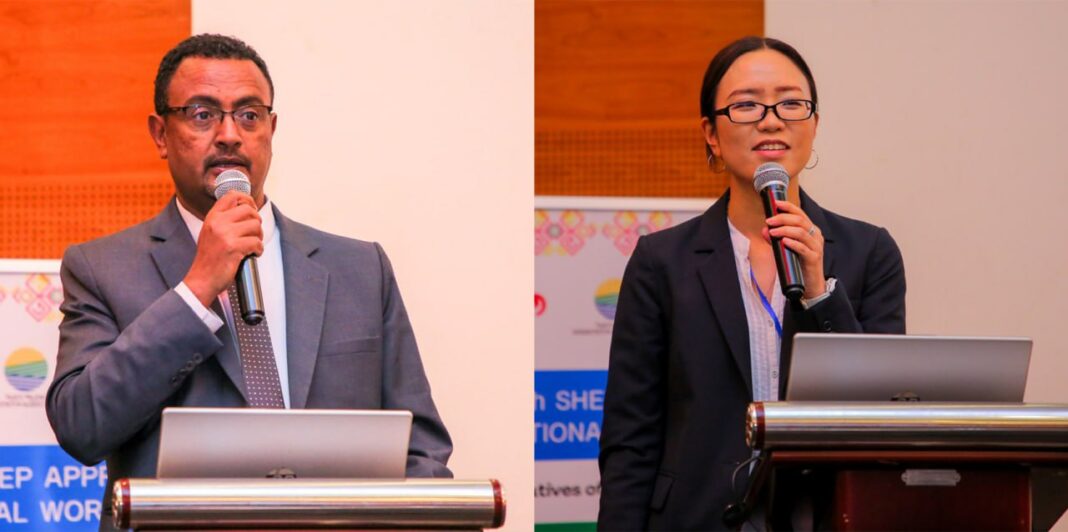Despite significant progress in recent decades, malaria remains a major public health crisis in Africa, demanding innovative and collaborative approaches to vector control, according to experts at a recent webinar organized by the Corporate Alliance on Malaria in Africa (CAMA).
The webinar, titled “Reimagining Vector Control Strategies for Malaria Elimination in Africa,” brought together public health officials, researchers, private sector representatives, and community leaders to address the evolving challenges of malaria transmission, including insecticide resistance and the impact of climate change.
The discussions took place against a backdrop of concerning statistics. The World Health Organization (WHO) reports 249 million malaria cases globally in 2022, an increase of 5 million compared to 2021. The rise was concentrated in Pakistan, Nigeria, Ethiopia, Uganda, and Papua New Guinea, driven by factors like extreme weather, population growth, and conflict. Tragically, 76% of malaria deaths are among children under five, with the African region accounting for 94% of cases and 95% of deaths.
Participants emphasized that traditional methods like insecticide-treated nets (ITNs) and indoor residual spraying (IRS), while valuable, are not enough. The emergence of insecticide resistance requires a multi-pronged approach that leverages new technologies, strengthens community engagement, and fosters public-private partnerships.
Michael Steinberg, Co-Chair of CAMA and a lead at Chevron, highlighted the importance of public-private partnerships, data-driven strategies, and adaptive interventions tailored to local epidemiological and socio-economic dynamics. He emphasized the necessity of moving beyond standardized solutions and embracing the complexity of community-specific needs.
Participants agreed that collaboration is key, involving governments, NGOs, the private sector, and research institutions. By aligning objectives and sharing expertise, resources, and networks, a more coordinated and impactful response to malaria can be achieved.
The webinar concluded with a call for continued investment, innovative thinking, and a resolute commitment to achieving a malaria-free world. CAMA plans to share the insights and recommendations from the event to inspire action and collaboration among all stakeholders committed to eradicating malaria in Africa.







